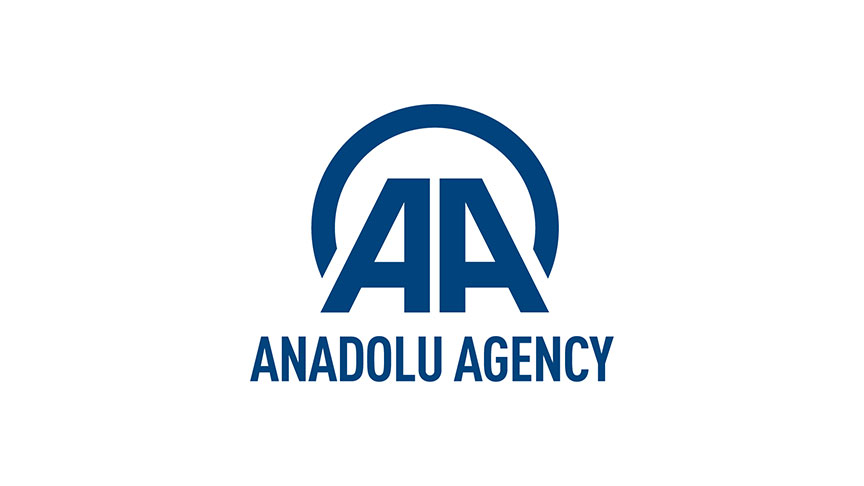Although Russian President Putin insists on and defends oil-indexed-long-term contracts with a minimum purchase requirement, Russia’s Gazprom has come under pressure in recent years to adjust its pricing system with hub prices. During the period of high oil prices, the Russian government enjoyed the benefıts of oil-indexed pricing. Nevertheless, with new sources coming online that are cheaper and more competitive in comparison to Russian gas, Gazprom has been forced to decide either to lose its lucrative market share in the EU or re-adjust its existing contracts.
The Russian government is aware of the fact that due to high gas prices, it has been losing its market share, particularly in the low-growth European market, and struggling to preserve its increasingly obsolete oil-price-pegged long-term contracts.
In 2014, due to declining spot prices in the EU market and with the desire not to experience a further deterioration of its market share nor dissuade customers from diversifying their gas supply, Gazprom took further steps towards price concessions. Furthermore, it was argued that Russia’s price advantage over other LNG cargoes started to weaken when hub pricing was introduced.
Reluctantly, Gazprom has offered rebates to European consumers. They have also agreed to provide, to a certain degree, short-term spot indexation in reaction to the new pricing environment. However, gas-on-gas competition and spot-oriented pricing in the European market has already started to negate these efforts at flexibility, paving the way for various gas suppliers to further compete for a bigger market share.
Norway’s Statoil, in particular, has played a constructive role in offering an increasing number of gas contracts at spot prices. In an explanation of Statoil’s strategy towards availing of new energy market dynamics, BP’s chief economist, Christof Ruhl, notes that “Russia had lost 12 percent of the EU gas market to Norway because Gazprom maintained oil price indexation while Norway adjusted its pricing closer to spot prices.”
Until very recently, long-term oil-indexed pricing worked well for Russia, especially given the fact that many customers were bound to Russia with decades-long contracts. Nonetheless, since some of these contracts have begun to expire, and considering the vast expense of transferring natural gas to the EU market through the pipeline system, short-term spot pricing has posed a greater challenge for the giant gas producer. As Eurasia Group Director Robert Johnston states, “with a number of long-term contracts expiring at the turn of the decade, Gazprom has begun to demonstrate early signs of increased flexibility on some issues in an effort to defend its consumer base.” This step could be interpreted to mean that Gazprom has understood the vital nature of the problem and has taken steps to consolidate its position in the EU market before its position deteriorates beyond repair.
In 2013, legislation enacted for LNG exports set the stage for domestic companies other than Gazprom to take part in the LNG export business. While the giant gas producer’s production reached 487 billion cubic meters (bcm) in 2012, other domestic companies’ production climbed to 129 bcm - proof that Gazprom’s market has shrunk by at least 25 percent of its production level. It could be claimed that this new LNG legislation aims to affect the expansion of Russia’s LNG capacity and increase its market share in the LNG sector in the long-term, but it is also aimed at chipping away at Gazprom’s monopoly both in the domestic and foreign market. Both independent natural gas producer Novatek and state-owned oil company Rosneft are increasing their presence in natural gas production and trading, and their continued lobbying efforts to increase their market share in the natural gas sector has pushed the Russian government to consider shrinking Gazprom’s predominance, mainly its monopoly over the gas transportation system.
While no concrete steps have yet been taken, the potential exists for the company to be divided into two companies - one dealing with production, and the other building up pipelines for the transportation of natural gas. The above-mentioned threats that Gazprom faces domestically, coupled with other problems such as the depletion of its major gas fields, discontinued sales contracts, and its increasingly obsolete gas pricing system have forced Russia’s Gazprom to reconsider their strategies for remaining a major energy supplier to the EU market.


